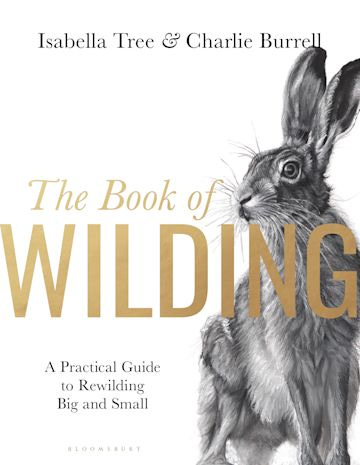System change isn’t always cataclysmic, as when the Soviet Union collapsed or Covid-19 hit. Often it creeps up on us - and we adjust without thinking too much about it. we are adaptable animals. Evidencing what is increasingly dubbed the ‘shifting baseline syndrome’, we imagine that the world we experience today is the world as it was yesterday.
Hardly.
Imagine this. When we moved to our current home in Barnes, south-west London, back in 1975, you would see skeins of bats flitting over the village pond in the summer months, while the street lamps would be hazed with clouds of insects. One evening, dozens of flying stag beetles clattered against one of our bedroom windows. There are still a few bats today, if you know when and where to look for them, but the insects are largely gone. The colourful butterflies we took for granted have been reduced to a few desultory Cabbage Whites.
Our collective understanding of the shifting baseline syndrome concept has been evolving for a while - and made abundant sense to me when I first encountered it. But my first take was that this was a systemic problem that would continue to deteriorate into the distant future, as it had throughout my lifetime. But then, these last few days, I saw the error of my ways.
I have been reading the 560-page masterwork, The Book of Wilding, by Isabella Tree and Charlie Burrell, given to me by our CEO, Louise Kjellerup Roper. And it stood my pessimistic assumptions on their proverbial heads.
The thing that struck me most forcefully in the first 50 pages of The Book of Wilding was the authors’ conclusion that “rewilding offers a chance to reset our baselines.” Given breathing space, they found, nature rebounded far faster on the Knepp estate than even the most optimistic experts had thought possible.
Which makes me wonder whether the term Knepp might become a verb over time? As in helping systems turn a corner, with the apparently impossible becoming seemingly inevitable. Then, as I wrote this post, it struck me again that the shifting baseline syndrome has also been evident in the sustainability space.
Back in the 1980s, when Gro Harlem Brundtland launched her inquiry report, Our Common Future, which is downloadable here, and we launched our small change agency SustainAbility (now owned by the ERM Group, itself majority owned by KKR), the focus was very much on system change. Our Common Future gave currency to the term sustainable development and underscored the need for a combination of economic growth, social equality and environmental protection - which I reformulated for a business audience with the term triple bottom line.
Sustainability’s shifting baseline syndrome, with mainstreaming driving a dilution of that original system change ambition and agenda, was in my mind when I announced the first-ever product recall of a management concept, the triple bottom line, back in 2018.
Now, with 2024 marking the 30th anniversary of the concept, I plan (later in this series of posts and in ongoing work at Volans) to explore some of the ways in which the concept is still proving useful today - and how it must evolve to catalyse the systemic changes we now so urgently need.






Great, will add this book to the list.